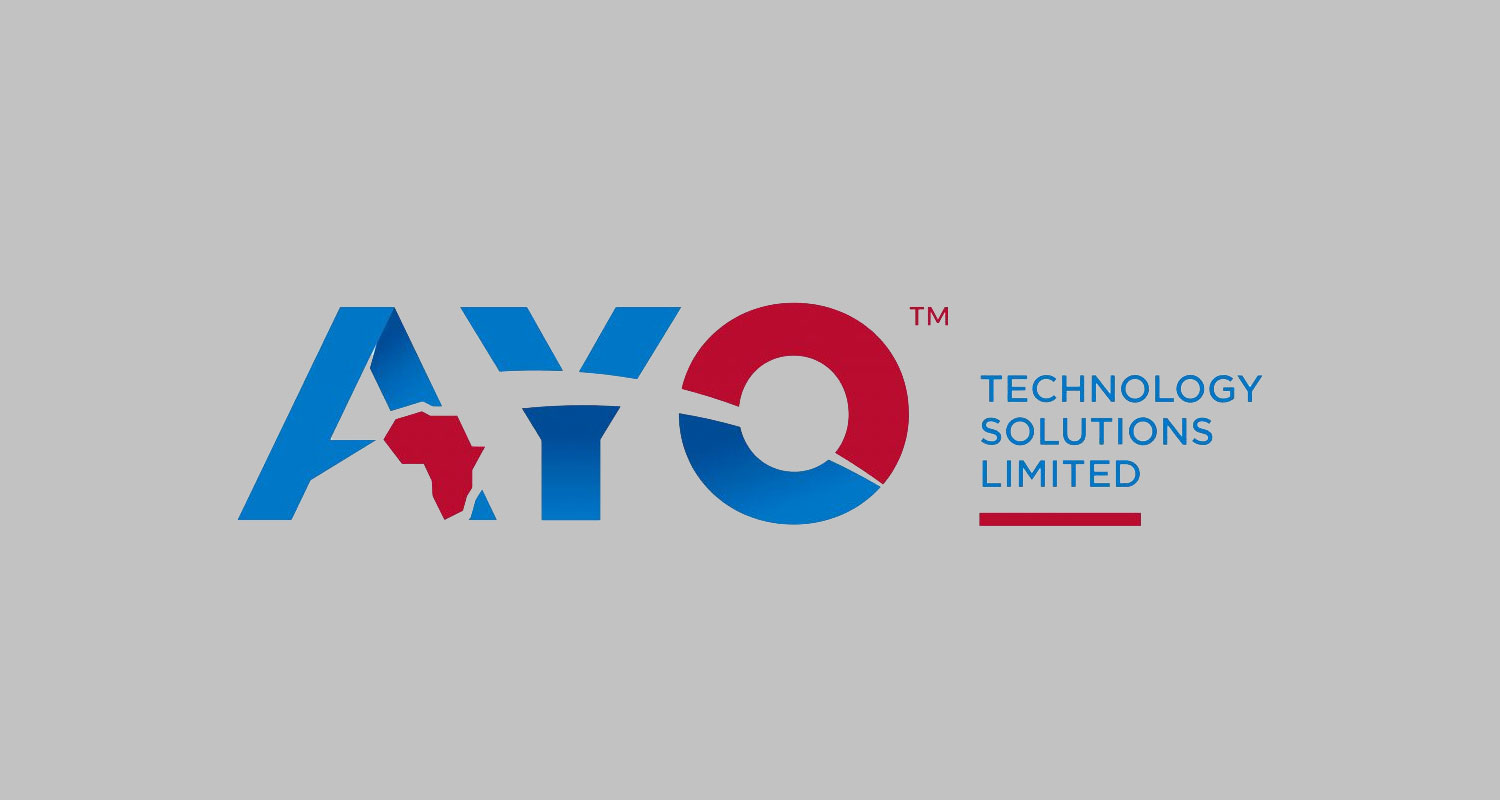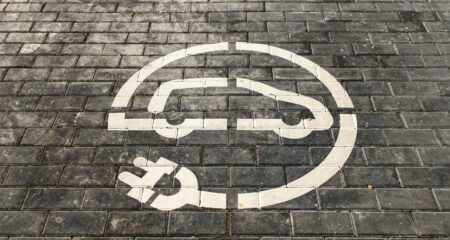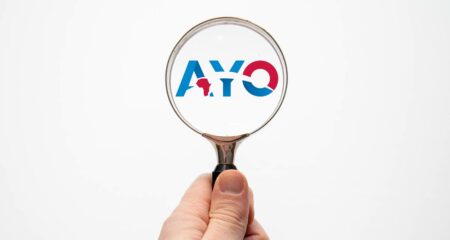 The JSE has imposed a rare censure on two former directors of Ayo Technology Solutions, publicly berating non-executives Mbuso Khoza and Telang Ntsasa, who served on the Iqbal Survé-linked ICT company’s audit and risk committee.
The JSE has imposed a rare censure on two former directors of Ayo Technology Solutions, publicly berating non-executives Mbuso Khoza and Telang Ntsasa, who served on the Iqbal Survé-linked ICT company’s audit and risk committee.
The Johannesburg bourse said on Thursday that both Khoza and Ntsasa will be barred from being directors or officers of any listed company for five years due to their failure to comply with important provisions of the listings requirements and for failing to fulfil their duties and responsibilities as directors and audit committee members of Ayo “with the necessary due care and skill”.
The public censure of the two former directors follows the JSE’s decision in 2020 to fine Ayo R6.5-million for publishing “false and misleading” financial results shortly after its December 2017 listing, putting it in breach of the listings requirements.
The bourse said at the time that current and former directors who served on the board when the infringements took place were also under investigation.
The 2020 fine and public censure against Ayo came after it made serious errors in its financial reporting. The JSE said then that various events led up to its announcement of the public censure and fine:
- On 8 April 2019, two former executives of Ayo made statements under oath at a Public Investment Corp commission of inquiry that executives of the company were instructed to inflate its unaudited interim results for the six months ended 28 February 2018.
- In light of the uncertainty around Ayo’s 2018 unaudited interim results and the accuracy of the financial information, in April 2019 the JSE instructed Ayo, through its auditor BDO Cape Incorporated, to conduct an “agreed-upon procedures” engagement and subsequently an audit of Ayo’s previously published unaudited interim financial statements for the six months ended 28 February 2018 and 2019.
- Because of the engagement, management identified shortcomings in Ayo, including not having a suitable number of qualified staff in the finance team and inadequate financial controls in place to ensure the accuracy and completeness of financial information disseminated to the market.
“The errors and misstatements in the 2018 unaudited interim results were quantitatively and qualitatively material, resulting in Ayo having to restate its 2018 interim cost of sales, gross profit, operating expenses, investment revenue, profit after tax, inventories, deferred tax, provisions and other accounts of significance to its business and operations by as much as 50% in some instances, including a 4% decrease in gross profits,” the JSE said in 2020.
“While the 2018 interim profit after tax decreased by 19%, the 2018 interim earnings per share decreased by 13% as a result of the corrections. Furthermore, in correcting these errors, goodwill decreased by 11%, inventories decreased by 69% and provision liabilities increased by 61%.”
Further material problems were identified in subsequent reporting periods. Ayo claimed in 2020 that the errors and omissions identified by the JSE were not “deliberate, fraudulent or intentional”.
‘Lack of oversight’
The JSE said in its statement on Thursday censuring Khoza and Ntsasa that the misstatements identified in the 2018 interim results came about because of Ayo’s failure to subject the interim accounts and underlying documents to a critical and thorough review. This resulted in numerous line items in the statements of financial position, comprehensive income and cash flows containing material errors.
“Ayo admitted that at the time that it did not have robust financial reporting procedures and processes to avoid these errors, resulting in the dissemination of financial information that did not comply with IFRS (International Financial Reporting Standards). Furthermore, the company did not have staff possessing sufficient historical and technical knowledge of the company to produce financial information that would provide a fair presentation of Ayo’s results to the market since its listing on the JSE in 2017,” the JSE said.
Although neither Khoza nor Ntsasa were directly involved in the preparation of Ayo’s 2018 interim results, as audit and risk committee members they should have examined the company’s financial reporting policies, the robustness of internal controls and rigorous mechanisms for identification of material financial risks to support quality interim financial reporting in 2018.
Directors of JSE-listed companies must ensure that they possess the relevant knowledge, skills and experience to adequately fulfil their duties
“The weaknesses in Ayo’s financial reporting procedures led to material accounting errors in the 2018 interim results, which pointed directly to a lack of oversight by the members of the audit and risk committee during the period in question,” the JSE said.
“The deficiencies in Ayo’s financial reporting procedures fell gravely short of the appropriate standard required of an audit committee and the actions and/or omissions of the committee in this regard caused Ayo to breach IFRS and the listings requirements due to the material misstatements contained in the 2018 interim results.
“Directors of JSE-listed companies must ensure that they possess the relevant knowledge, skills and experience to adequately fulfil their duties and to exercise the required level of judgment and care required of them as directors and/or members of an audit committee. Ms Khoza admitted to having little to no knowledge of corporate governance issues, no knowledge of and about the rules and regulations of financial reporting procedures of a JSE-listed company, or the appropriate standards required in respect of conducting a normal audit of a company, let alone the appropriate standards, procedures and processes required of an audit committee in circumstances where a company wanted to list on the JSE.”
Both Khoza and Ntsasa failed to observe the highest standard of care in their oversight role leading up to the publication of Ayo’s 2018 interim results, the JSE added. – © 2022 NewsCentral Media




